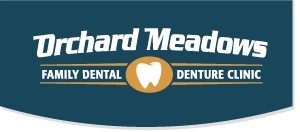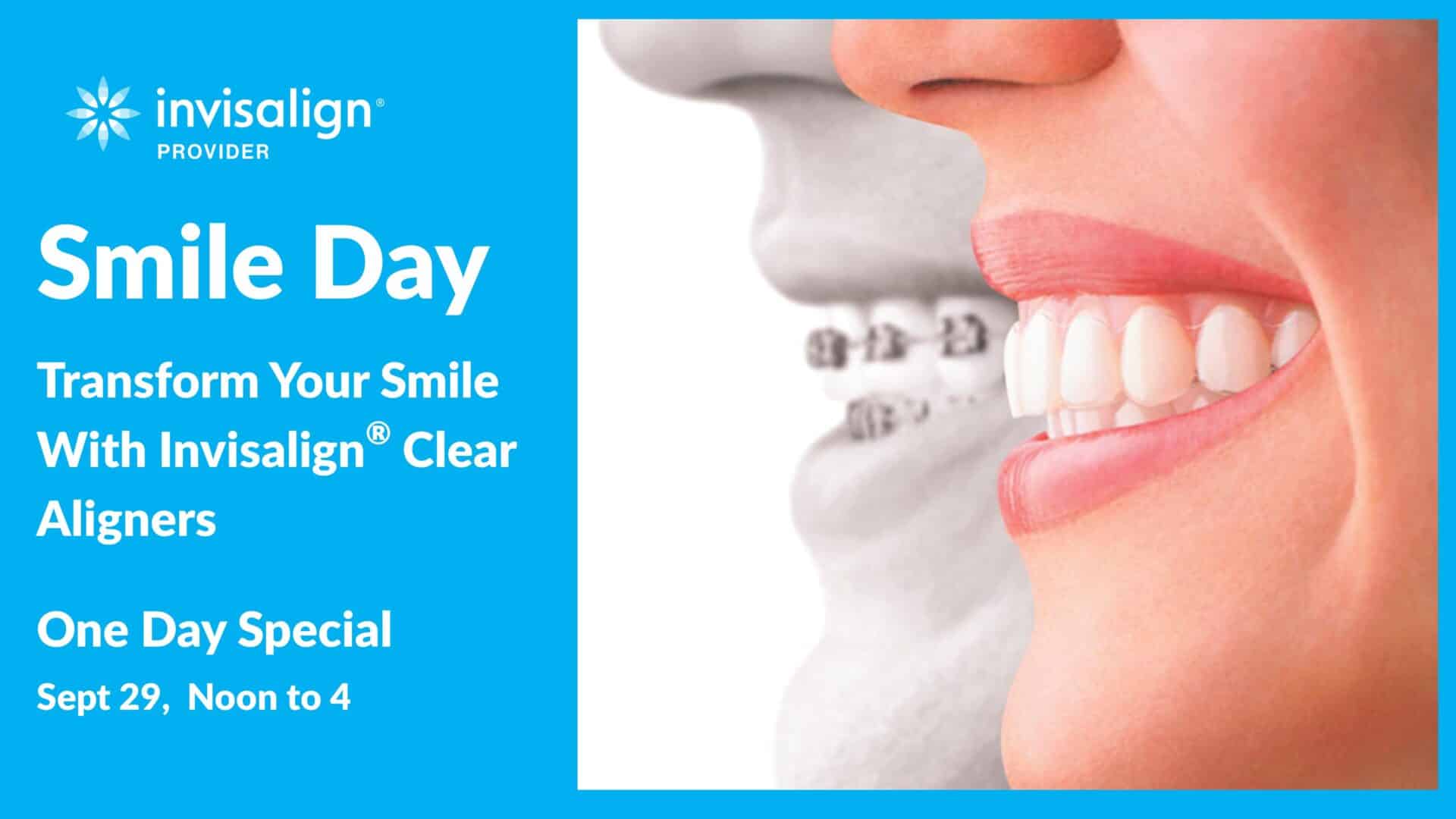Sedation Dentistry in Rapid City, SD
What is Sedation Dentistry?
Sedation dentistry is a part of dental treatment that not only numbs the pain and makes people more comfortable but helps reduce anxiety so people feel a sense of comfort about complex or lengthy procedures. Depending on the type of sedation used, dental discomfort can be significantly reduced or completely eliminated.
What are the different types of Sedation?
Several sedation methods increase comfort and let patients relax. All the following options are available at Orchard Meadows Family Dental & Denture Clinic:
Nitrous Oxide Conscious Sedation – Sometimes called, “laughing gas”, nitrous oxide is inhaled through a mask or nosepiece and gives a calming effect that relieves anxiety and helps patients relax. After the dental work is completed, patients inhale pure oxygen to clear away the nitrous. Laughing gas leaves the patients system very quickly, so they’re able to drive home following their dental appointment.
Oral Conscious Sedation – Patients swallow the medication, usually in pill form, about an hour before the procedure begins. Oral sedation makes people groggy, and they’ll occasionally fall asleep. However, they quickly wake up with a nudge and can communicate with the dentist if needed. Oral sedation temporarily effects memory and motor skills, so patients will need someone else to drive them home following the appointment.
Intravenous (IV) Moderate Sedation – This is the strongest form of anesthesia available for dental procedures and involves IV medications that produce an altered state of consciousness. Memory, anxiety level, and pain perception are greatly reduced, and patients say they feel very relaxed and comfortable. They often feel as if they’ve been asleep because they can’t remember anything that happened after the medication took effect. Patients will feel disoriented for a few hours, so it’s unsafe to drive and they’ll need a ride home from the clinic following the appointment. IV sedation is typically limited to more involved oral surgery procedures.
Does each option work for everyone?
No. Everyone is different, so the sedation that’s best for one patient may not be right for another. Things like medical history, pain tolerance, level of anxiety, and the extent of the needed dental work all play a role in determining which is the right type of sedation. Talk with your dentist to decide which option works best for you.
Are there any complications from sedation?
All forms of sedation are common, safe procedures, but both the dentist and the patient need to know what’s going on. Before administering any medication, the dentist needs to know the patient’s complete medical history, so they can avoid any possible complications. Side effects are rare and vary depending on the type of sedation that is administered. Possible complications may include:
- Dizziness
- Nausea
- Vomiting
- Swelling at the injection site
- Swelling or numbness in the mouth
More serious risks from IV moderate sedation are extremely rare and are more likely to occur in patients with serious medical conditions, those who are highly allergic, or those with a history of alcohol/drug abuse.
It is important for all patients to wait for the sedation effects to wear off before leaving the dental appointment. As mentioned earlier, both oral conscious sedation and IV moderate sedation patients are not allowed to drive themselves home.

